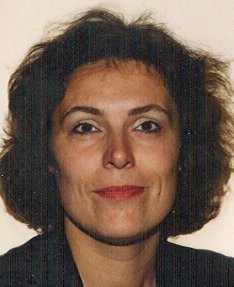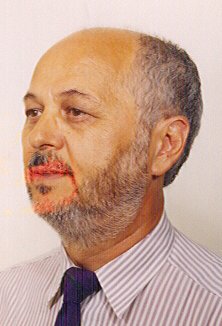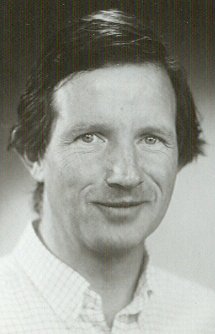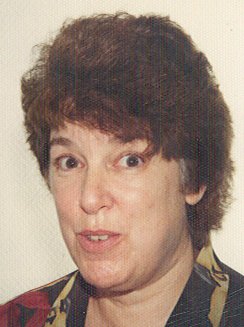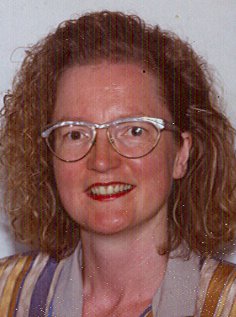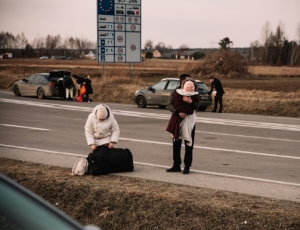About the topic
The research of the theme Group (which brought together specialists in bilingual acquisition, code-mixing, and language change) was centered around a number of specific issues: Do language systems change due to language contact? How do bilinguals function in both of their languages, either simultaneously or in succession proceed? The purpose of the group has been to explore the relations between these particular issues. Our major findings were that bilingual first language development does not in itself lead to fusion or change. Children in principle can acquire two languages at the same time independently. It remains to be seen under which circumstances there is fusion and ensuing language change. Furthermore, changes in the native languages of migrant populations do not necessarily undergo drastic permanent changes in migration contexts. In general, we find rapid language replacement by the majority language. However, the speech of many individuals does show considerable changes away from the original migrant languages. The results resemble ordinary processes of language change. Language intertwining is different from code-mixing at least in the sense that it is categorical where code-mixing is incidental and varying in frequency. Its structural properties resemble those of insertional mixing. There is a relation between levels of proficiency and type of code-mixing, but further research is needed to establish what this relation is.


